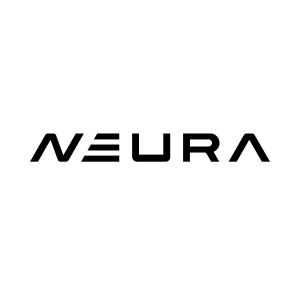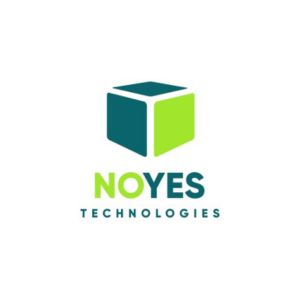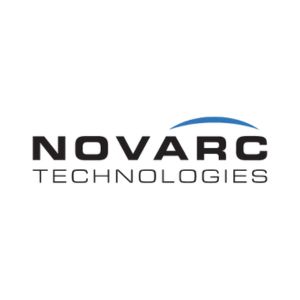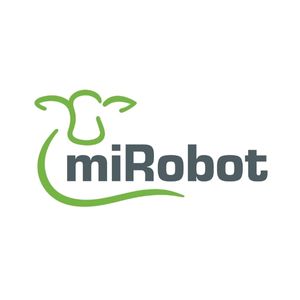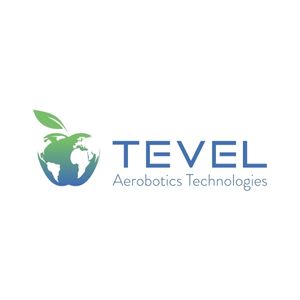Synfini Raises $8.9M to Advance AI Chemistry Automation, Total Funding Hits $53M
KEY POINTS
AI chemistry automation is a rapidly growing field with significant implications for drug discovery and materials science.
Synfini’s $8.9M raise signals strong investor confidence in the company’s approach and technology.
The platform’s blend of AI, robotics, and cloud analytics positions Synfini as a leader in the next wave of laboratory innovation.
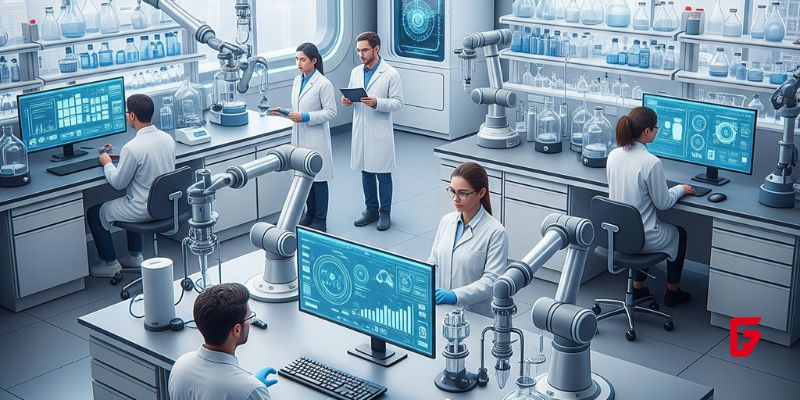
What is Synfini?
Synfini is a technology company specializing in AI-powered chemistry automation. By combining artificial intelligence with advanced robotics, Synfini aims to accelerate the pace of chemical discovery and synthesis, making processes more efficient and accessible for researchers and the pharmaceutical industry.
Why is AI-Driven Chemistry Automation Important?
Accelerates drug discovery by automating complex synthesis tasks
Reduces human error and manual labor in chemical processes
Enables scalable, reproducible experiments for faster innovation
Addresses the growing demand for efficient R&D in life sciences
Key Details of the Latest Funding Round
Synfini has secured $8.9 million in new funding, bringing its total raised to $53 million
The round was led by JSL Health Capital, and a mix of other venture capital firms and strategic investors focused on the intersection of AI and life sciences
This infusion of capital will be used to expand Synfini’s AI chemistry automation platform, accelerate product development, and scale commercial operations
How Synfini’s Platform Works
AI algorithms design, plan, and optimize chemical synthesis routes
Automated robotic systems execute experiments, reducing manual intervention
The platform integrates machine learning to continuously improve performance and suggest novel pathways for molecule creation
Cloud-based dashboards provide real-time analytics and data visualization for researchers
Industry Impact and Future Outlook
With this new funding, Synfini is positioned to:
Expand its customer base among pharmaceutical and biotech companies
Advance the automation of chemistry labs, setting new standards for efficiency and reproducibility
Drive innovation in drug discovery by enabling rapid prototyping and testing of new compounds
The combination of AI, robotics, and cloud technology is transforming how chemicals are discovered and manufactured, paving the way for breakthroughs in medicine and materials science.
FAQ
Q: What sets Synfini apart from other lab automation companies?
A: Synfini’s unique value lies in its integration of AI-driven synthesis planning with fully automated execution, allowing for end-to-end automation of chemical research.
Q: How will the new funding be used?
A: The capital will support product development, platform scaling, and market expansion to meet growing demand in the life sciences sector.
Q: Why is this important for the future of pharmaceuticals?
A: By accelerating R&D timelines and improving reproducibility, Synfini’s platform can help bring new therapies to market faster and more cost-effectively.

futureTEKnow
Editorial Team
futureTEKnow is a leading source for Technology, Startups, and Business News, spotlighting the most innovative companies and breakthrough trends in emerging tech sectors like Artificial Intelligence (AI), Robotics, and the Space Industry.
Discover the companies and startups shaping tomorrow — explore the future of technology today.
Most Popular
Trending Companies
Latest Articles

AI Didn’t Fail; Your Data Warehouse Did
After decades in IT project management and business analysis, one truth has stayed constant: when AI projects fail, it’s rarely
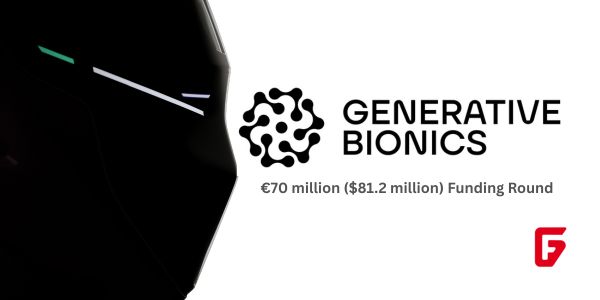
Generative Bionics: The Italian Humanoid Robotics Spin-Out Bringing Physical AI to the Factory Floor
Generative Bionics, an Italian spin-out from IIT, is building Physical AI–powered humanoid robots to tackle labor gaps and modernize industrial

OpenAI vs. Google AI, SpaceX & Blue Origin Race for Space Data Centers, Meta’s AI Pivot, and Robotics Breakthroughs
Stay ahead of AI and space tech wars: OpenAI vs Google AI, SpaceX and Blue Origin’s race for orbital data

10 AI-Driven Supply Chain Optimization Companies to Watch in 2026
This article explores 10 AI-driven supply chain optimization companies to watch in 2026, highlighting how their platforms improve forecasting, logistics,

AWS Frontier Agents: Autonomous AI Coders That Build, Secure, and Run Apps for Days Without Human Oversight
AWS frontier agents introduce a new era of autonomous AI coders that can build, secure, and run applications for days

How AI Is Transforming Lean Six Sigma: The New Era of Operational Excellence 2.0
Explore the cutting-edge ways AI is enhancing Lean Six Sigma, from real-time process insights to predictive controls, ushering in a

Top Supply Chain Challenges in 2025 — and How High-Performing Teams Use AI to Solve Them
Facing supply chain challenges in 2025? High-performing teams leverage AI for risk management, demand forecasting, supplier analytics, and end-to-end visibility

How to Build a High-Impact Supply Chain Center of Excellence (CoE):A Blueprint for Operational and Inventory Excellence in the Age of AI
Craft an AI-powered supply chain Center of Excellence that unifies control tower visibility, analytics, and inventory optimization into one strategic
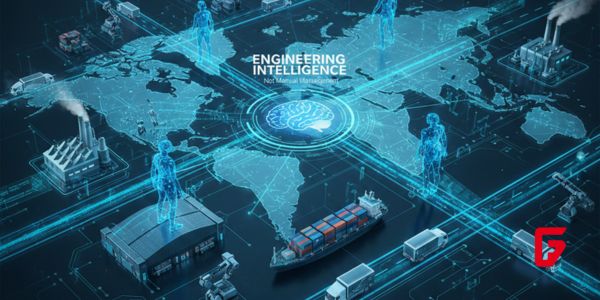
The Future of Supply Chain Leadership: Why the Next Generation Will Engineer Intelligence, Not Just Manage It
Supply chain leadership is being redefined by AI, intelligent automation, and agentic decision-making, demanding leaders who can engineer end-to-end intelligence

How WisdomAI’s $50M funding round positions it to redefine AI analytics and business intelligence
WisdomAI has closed a $50M Series A led by Kleiner Perkins and Nvidia’s NVentures to turn fragmented enterprise data into

Saia Agrobotics Raises €10M to Make Greenhouse Farming Smarter with Robots
Dutch agri-tech startup Saia Agrobotics has raised €10M to expand its greenhouse automation system using AI-powered robots that make farming

Bridgit Mendler’s Northwood Space Startup: Unleashing the Next Era of Satellite Connectivity
Bridgit Mendler’s Northwood Space is pioneering mass-produced ground stations, enabling scalable, high-speed connectivity for the new era of satellite networks
futureTEKnow is focused on identifying and promoting creators, disruptors and innovators, and serving as a vital resource for those interested in the latest advancements in technology.
© 2026 All Rights Reserved.







